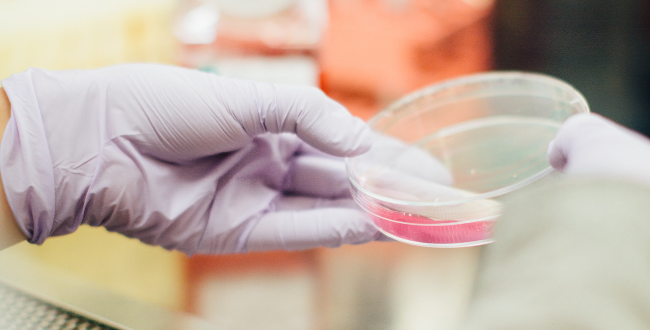Blog
Subscribe
Join over 5,000 people who receive the Anecdotally newsletter—and receive our free ebook Character Trumps Credentials.
Categories
- Anecdotes
- Business storytelling
- Collaboration
- Communication
- Corporate Storytelling
- Culture
- Decision-making
- Employee Engagement
- Events
- Fun
- Insight
- Leadership Posts
- News
- Podcast
- Selling
- Strategy
Archives
- March 2024
- December 2023
- November 2023
- October 2023
- September 2023
- August 2023
- July 2023
- June 2023
- May 2023
- April 2023
Years
127 – The mould that broke the staph
Filed in Anecdotes, Business storytelling, Corporate Storytelling, Podcast
Podcast: Play in new window | Download
Subscribe: Apple Podcasts | Spotify | RSS
Not all mistakes lead to failures. Listen to hear how one scientist’s carelessness resulted in a life-saving discovery.
This week on Anecdotally Speaking, Mark shares a short but impactful scientific story about Alexander Fleming’s 1928 discovery of penicillin. The story prompts Shawn and Mark to consider what a world without penicillin must have been like and how to best foster creativity. They mention a John Cleese video, which you can find here.
For your storybank
Tags: creativity, discovery, experiments, mistakes, scientific
This story starts at 01:54
In 1928, Scottish researcher Alexander Fleming was studying the influenza virus at St Mary’s hospital in London. In September, he took a two-week holiday.
Alexander was known to be a careless lab technician. When he returned from his holiday, he discovered he had left a Petri dish outside its incubator, sitting on a desk in the sunlight.
A spore of mould had floated into the room and landed on the dish, where it had grown. But instead of throwing it out, Alexander examined it.
He saw the mould, Penicillium notatum, had killed the Staphylococcus aureus he had been trying to grow. He called the mould a bacteria killer—what we now know as an antibiotic.
About Anecdote International
Anecdote International is a global training and consulting company, specialising in utilising storytelling to bring humanity back to the workforce. Anecdote is now unique in having a global network of over 60 partners in 28 countries, with their learning programs translated into 11 languages, and customers who incorporate these programs into their leadership and sales enablement activities.
